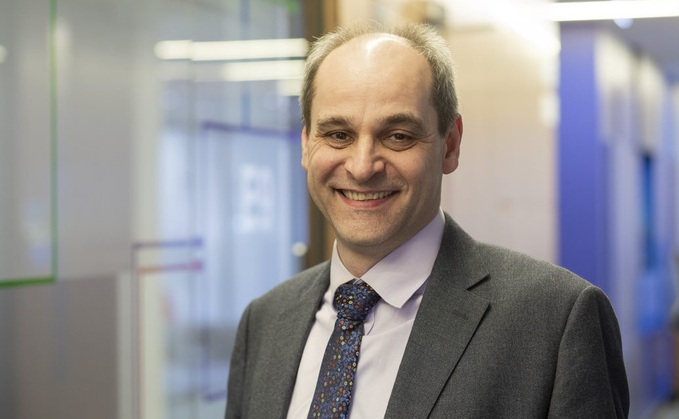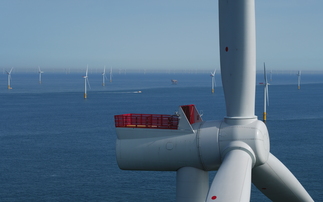
Industry Voice: National Grid' chief engineer David Wright explains how the UK can deliver a zero carbon power system
As the world reflects on COP27 and the priorities ahead, it's clear that delivering a clean energy transition is a core part of meeting global climate ambitions. Delivering the clean energy transition is the clearest route to long-term affordability, energy independence, and resilience. Innovations to decarbonise the energy system are key, therefore, to delivering on these issues.
The UK has come a long way in decarbonisation over the last decade, with a new record for the greenest year in 2020. On 3 January 2022, 91 per cent of the UK's electricity came from low carbon sources. A report published by the National Grid Electricity System Operator shows that Great Britain's electricity system is on track to be powered free of fossil fuels. These may be short periods at first but will still be a significant milestone on the road to net zero and these periods will quickly extend.
There isn't a one size fits all solution
Adopting flexibility as we decarbonise will be key to success, and this must be a focus of the industry's work to innovate.
In order to decarbonise residential heating, for example, regional preferences, consumer choice and the type of property will all come into it - so, while some properties will be suited to having a heat-pump fitted, others will be better suited to a hydrogen boiler.
This principle applies to transport too. It's important that consumers have as much flexibility as possible in how and when they charge their vehicles. For example, some drivers may want to charge their vehicles during the day, some at night, some at home, and some at work. Consumer choice and simplicity will be key.
New technologies
A zero-carbon world will require great engineering solutions to the decarbonisation challenge. And it's clear that such solutions are already having an impact.
For example, technologies such as smart meters are creating a two-way grid where people can feed excess power generation from solar panels back to the grid. And interconnectors - huge subsea cables that enable countries to share excess renewable energy, with the potential to power millions of homes - are an example of highly innovative engineering which enables clean and green system flexibility at a national scale. By 2030, 90 per cent of electricity imported via National Grid interconnectors will be from zero carbon sources. We have calculated that between now and 2030, our interconnectors will have helped the UK avoid around 100 million tonnes of carbon emissions.
A net zero workforce
We need diverse people and skills to innovate and build the infrastructure that will deliver the transition to a clean, fair and affordable energy future. National Grid research shows that the UK energy sector will need 400,000 green jobs to reach net zero - 120,000 in this decade alone.
The government's green job taskforce has outlined key recommendations to help develop and build the skills needed - and now these recommendations need to shift to action. We're seeing steps in the right direction with the UK's newly created Green Jobs Delivery Group, designed to implement recommendations from the Green Jobs Taskforce, a joint initiative from BEIS and the Department for Education with representatives from business, trade unions and academia, setting itself the ambition of creating and supporting up to 480,000 skilled well-paid green jobs across all sectors by 2030. By acting on the Taskforce recommendations with urgency, this group could help create the workforce capable of achieving clean energy goals.
Ongoing innovation is critical
Reaching net zero is the biggest engineering challenge of the 21st century. But there's a lot to be encouraged by in terms of how far we've come, and the exciting innovative technologies and solutions coming to fruition. As we work towards 2030, 2035 and 2050, ongoing cross sector collaboration, innovation, and adopting flexibility will be critical to delivering net zero.
David Wright is chief engineer at National Grid. To find out more click here.
This article is sponsored by National Grid.







